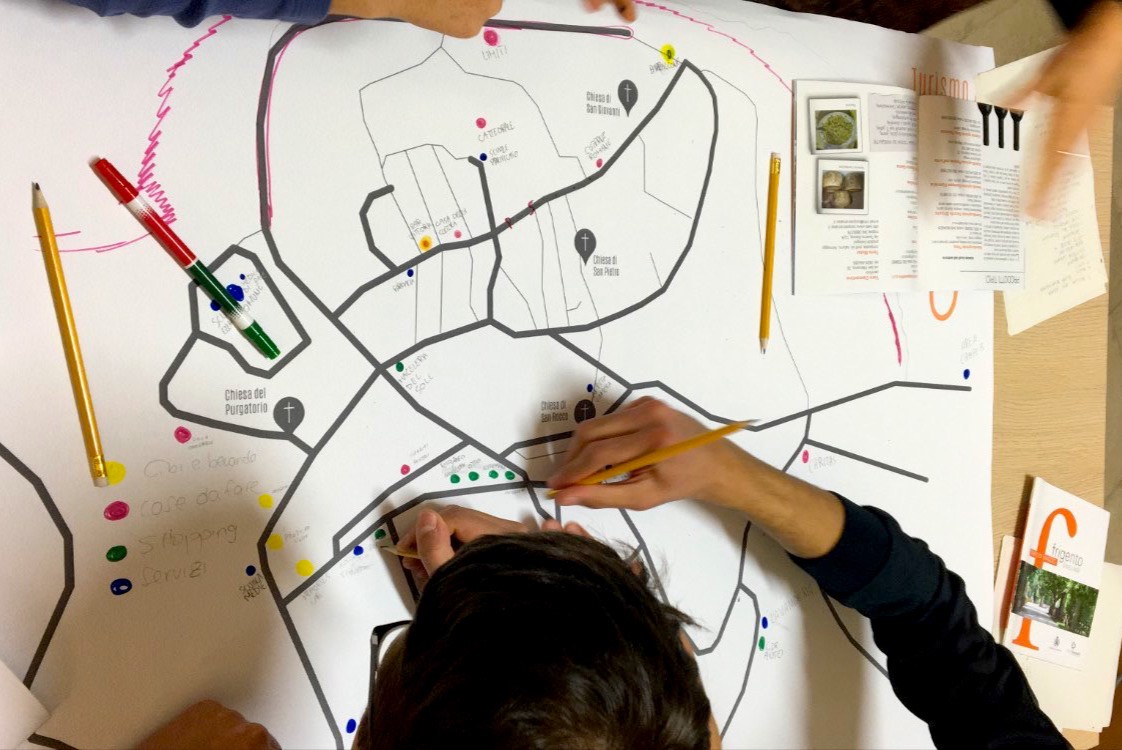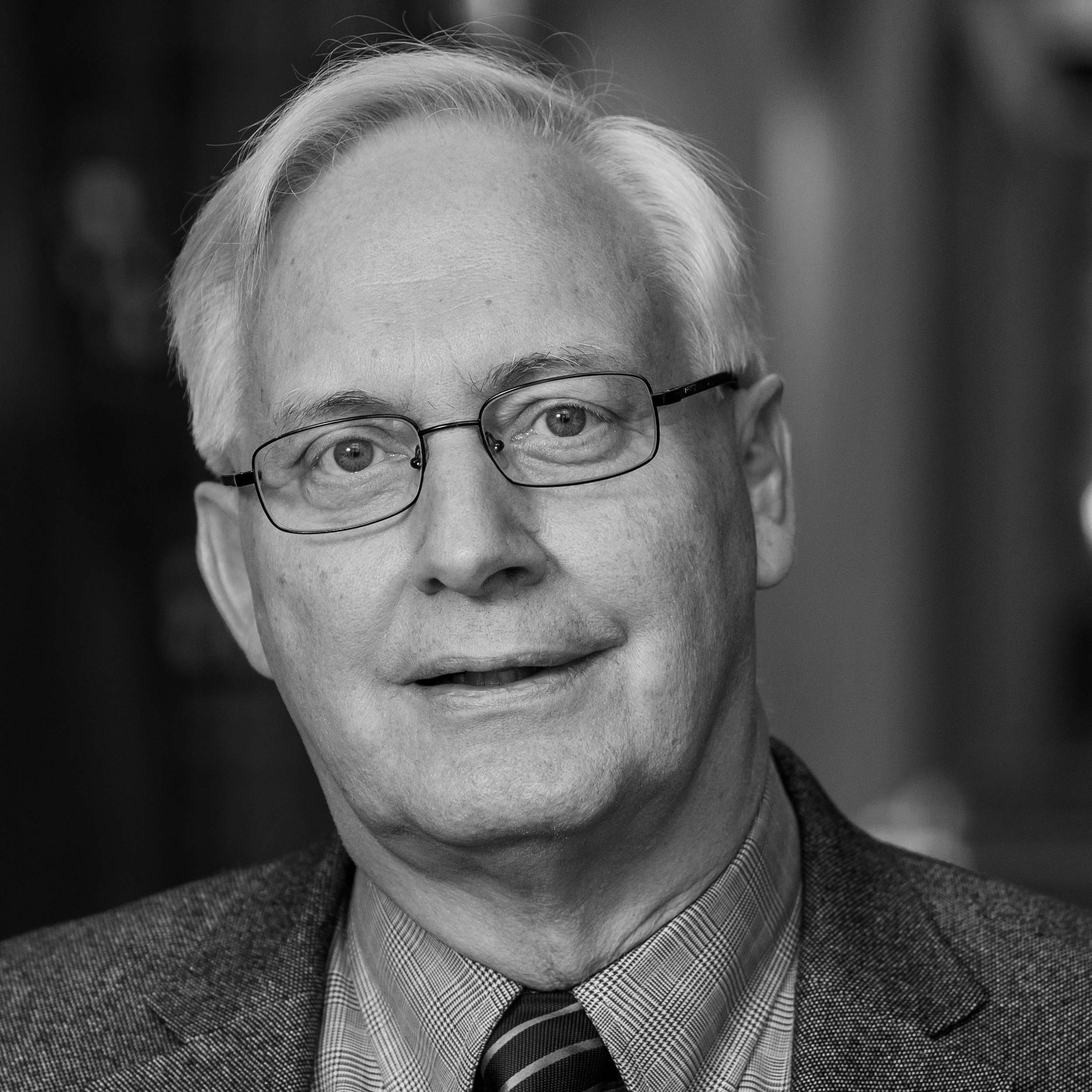

“At its best, research takes us into new worlds, brings new understanding, suggests solutions we haven’t seen before and invites and challenge us to move on,” says Jón Torfi Jónasson, professor emeritus at the University of Iceland.
“At its best, research takes us into new worlds, brings new understanding, suggests solutions we haven’t seen before and invites and challenge us to move on,” says Jón Torfi Jónasson, professor emeritus at the University of Iceland.
In his editorial on the theme of Research and Practice, ELM Editorial Board member Jón Torfi Jónasson highlights how good research can open new worlds and push us forward. With an open mind, it becomes a powerful inspiration for improving practice and shaping policy.
IN MOST PEOPLE’S MINDS, the core function of research is to establish new knowledge, which is valuable for the development of our lives. At its best, research takes us into new worlds, brings new understanding, suggests solutions we haven’t seen before and invites and challenge us to move on. The nature of research is exciting, as it invites the researcher into the unknown, relying on their curiosity and imagination – while at the same time the researcher respects the need for transparency and objectivity.
If research is conducted with an open mind, it can become valuable for practice and policy. But three observations should be noted.
First, research is an ongoing process, where there rarely is a final answer, but we certainly get inspiration and novel suggestions. Research outcome must practically always be adapted to specific culture or circumstances, and this is especially true for adult education.
In many disciplines, and very noticeably in the social sciences, important variables are often not included in a particular research project, notably those involving culture. That is why it is difficult to transfer results between contexts. However, we can always pick a variety of new ideas from research results.
SECOND, IT IS IMPORTANT to think carefully about how it is best to benefit from the richness of research without being drawn into technical details. Those within practice or policy who want to use research for advancement of ideas are normally best served by discussions with researchers, seeking their reflections which bring the essence of multifaceted research into the open. That is what this magazine emphasises. Harnessing research means receiving a plethora of different ideas and views while being mindful of varying contexts. Thus, insights from research can be helpful to open doors to constantly new, exciting worlds.
Harnessing research means receiving a plethora of different ideas and views.
Third, it is simultaneously important to note that research doesn’t provide the ultimate solution to a problem, as our comprehension can continuously be elevated or changed. And there can be many different good solutions. Even if a particular line of research inspires a particular way to address a difficult challenge that demands action, a different line of research may suggest something completely different.
THEREFORE, WE SHOULD be careful with “evidence-certified” or “evidenced-based” practice and rather aim for “evidence-informed” or “evidence-inspired” solutions. Given the positive contributions of research I have emphasised, it must be recognised that sometimes research is conservative and even narrow-minded. Thoroughly tested modes of operation, that is, evidence-based practices, may keep educational practice lagging behind, as they don’t encourage experimentation or incite excitement and innovation.
We should aim for evidence-informed or evidence-inspired solutions.
In conclusion, research is invaluable to provide understanding, and a multitude of new and unexpected ideas and inspiration. Research should not be regarded as a tool, but a mind-opener, a strategy to get out of the box. The articles within this Research and Practice theme during the spring of 2025 are to me excellent examples of the positive contribution of research and the ways it is fruitfully presented.
ELM Magazine will explore the connection between research and practice in its articles from January to April. We begin with an engaging interview with Francisca Torlone from the University of Florence, exploring how cooperation between policymakers, practitioners and researchers can enhance lifelong learning. An interesting article on the KiNESIS project highlights the value of real-life experience of students and how research can change in practice the course of rural shrinking.
Look forward to the upcoming articles and stay tuned for more insightful content.

Looking for more articles on the relationship between research and practice?
This article is part of the theme 'Research and Practice 2025'.
Read related articles hereAuthor







